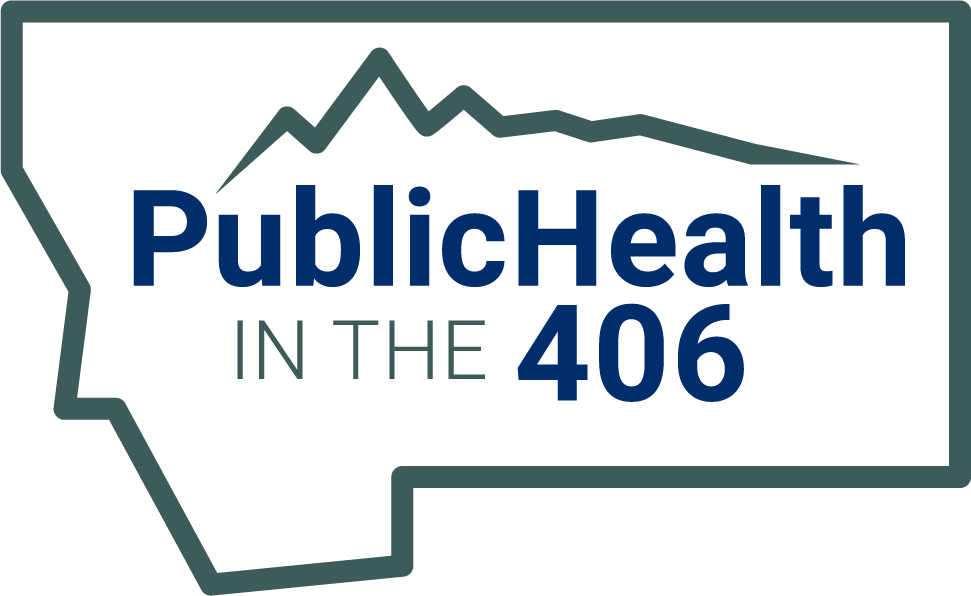Baby-Friendly Hospital Initiative

The Baby-Friendly Hospital Initiative (BFHI) in the United States is based on the fact that human milk fed through the mother’s own breast is the normal way for human infants to be nourished. There is an abundance of scientific evidence that points to lower risks for certain diseases and improved health outcomes for both mothers and babies who breastfeed. Breastfeeding is the natural biological conclusion to pregnancy and an important mechanism for the continued normal development of the infant. With the correct information and the right supports in place, under normal circumstances, most women who choose to breastfeed are able to successfully achieve their goal.
Baby-Friendly USA is, “a global program that was launched by the World Health Organization (WHO) and the United Nations Children’s Fund (UNICEF) in 1991 to encourage and recognize hospitals and birthing centers that offer an optimal level of care for infant feeding and mother/baby bonding.” It recognizes and awards birthing facilities who successfully implement the Ten Steps to Successful Breastfeeding and the International Code of Marketing of Breast-milk Substitutes.
In order to become a designated Baby-Friendly hospital, the facility must complete the 4-D Pathway. This method organizes the process into manageable and achievable tasks. The four phases to the pathway are below.
- Discovery Phase - The facility will register with Baby-Friendly USA, obtain a CEO support letter and complete a self-appraisal tool looking at their maternity care policies.
- Development Phase - A committee is formed, work plan is developed, the breastfeeding policy is written, and staff training curriculum is developed.
- Dissemination Phase - Staff is trained and data is collected.
- Designation Phase - Quality improvement plan is implemented, readiness interview and on site assessment are conducted by Baby-Friendly USA.



